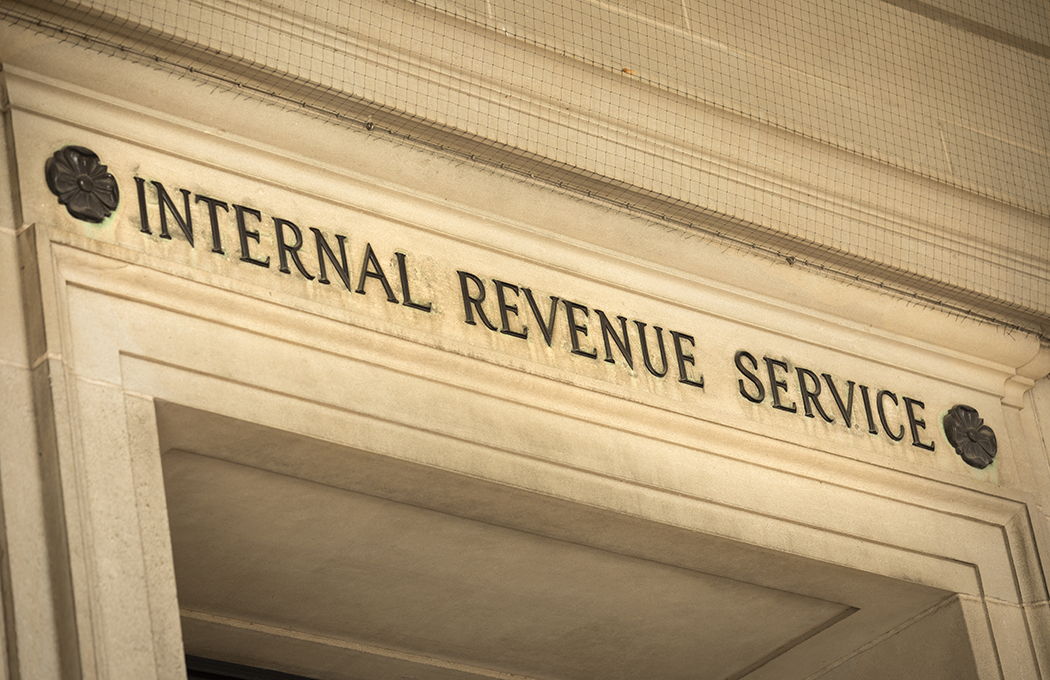Notices, Notice, Notices: IRS Backlog and Issues
September 22, 2021 Author: Matt Caras, CPA Compass Pointe CPAs

COVID-19 and the Delta variant have forced many companies to adjust to unprecedented issues and the IRS was no different. The IRS has needed to adjust to COVID-19 shutdowns, employees working from home, multiple economic stimulus payments, and more. All of these changes resulted in a massive mail backlog, bogged down phone lines, and other issues. Amongst the various issues businesses and individuals are facing in 2021, the Internal Revenue Service (IRS) seems to be adding to the pile of taxpayer concerns with a variety of notice issues.
Math Error Notices
One of the more recent IRS headaches includes 11 million ‘Math Error’ notices being sent out in 2021 through mid-August. It is estimated that more than 80% of these notices directly relate to the recovery rebate credits. Millions of Americans have received a scary, confusing letter from the IRS saying they owe more taxes.
Despite their name, math-error notices aren’t just about arithmetic. Instead, there are tax adjustments for a variety of issues detected by IRS computers. The adjustments usually result in tax due or an adjusted amount to be refunded. Unlike other notices, the first notice is also the final notice when additional taxes are assessed or refunds are reduced. To further cause taxpayer stress, the law presumes recipients of the notices have conceded if they do not respond within 60 days.
The big issue is that taxpayers face an enormous problem communicating with the IRS when the agency lacks the recourses to deal with mail backlogs and busy phone lines. One expert’s analysis has found that only 8% of the approximate 173 million callers reached an IRS employee in the first six months of 2021.
Premature Collection Notices
Another example of an IRS issue revolves around the IRS mailing out nearly 90,000 premature notices and demands for overdue taxes even though the filing date had been extended for the taxpayer. Thus, a return has not yet been filed yet and it has not yet been filed late. Last year, the 2019 tax return due date was moved from the standard April 15 to June 15. The date was moved in response to the COVID-19 pandemic. The Treasury Inspector General for the Tax Administration found the IRS issued these notices that showed balances were owed even though the taxes were not actually due.
IRS Going Forward
The IRS has been facing similar challenges that many businesses have faced during the COVID-19 pandemic. Some of these challenges include overworked staff, remote work environments, and new programs to learn. An IRS spokesman said the agency is working on streamlining procedures for 2022 based on what it learned in 2021. It is unclear how the IRS will continue to evolve and reduce taxpayer burden going forward.
Should you receive a notice from the IRS or any state agency, we recommend that you contact your tax preparer as soon as possible so that the practitioner can review the notice and provide a clear path to reconciling the matter. In many cases, a phone conference with an agent can resolve the issues at hand.







